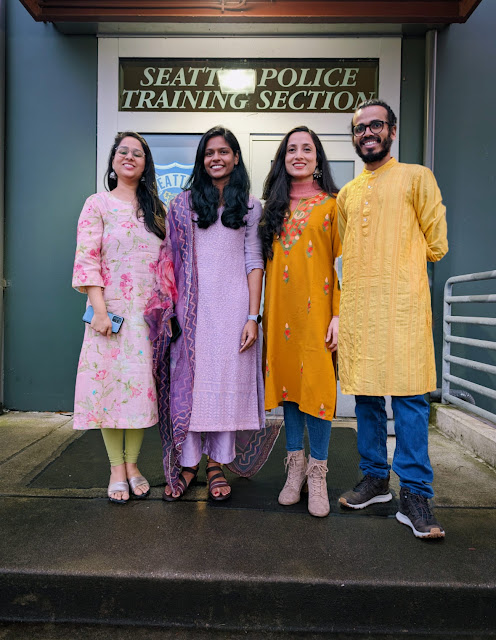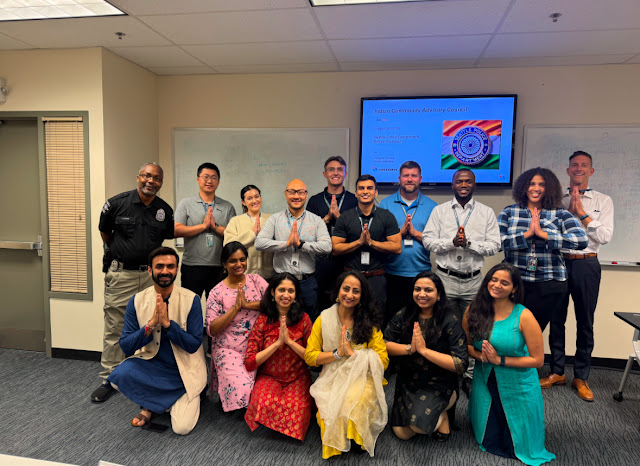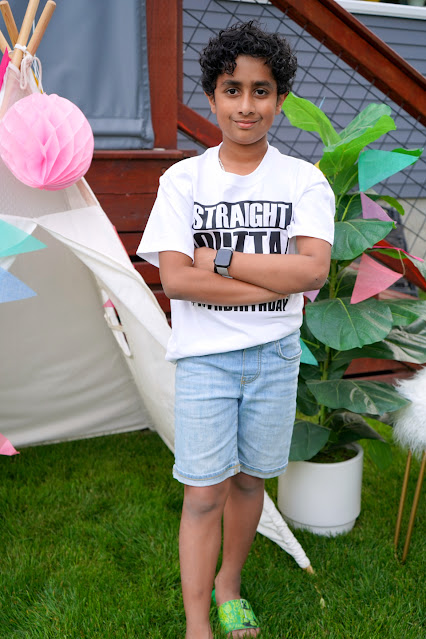“Cut her a check for $11,000. She was of limited value anyway.”
Those words, spoken by Officer Daniel Auderer after the tragic death of Jhaanavi Kandula, continue to echo in my mind like a broken alarm — sharp, callous, and impossible to ignore.
Eleven thousand dollars? Is that what a young Indian immigrant’s life is worth? That’s it? Are we really that disposable? That invisible? That unworthy in the eyes of those who are sworn to protect us?
My first reaction, like many others, was a tidal wave of rage, grief, and disbelief. I wanted him held accountable. Fully. Publicly. I wanted to shout until someone—anyone—listened. I wanted to break something, to make noise, to do something. I screamed into pillows. I cried for nights. Those words haunted me. Still do.
Then came the overwhelming urge for justice. I knew he couldn’t just walk away from this. So, I did what I know how to do best—I started writing. Letters to SPD. To the Office of Police Accountability. To the Mayor. To the City of Seattle. I didn’t know if anyone would listen, but I had to try.
I organized solidarity walks, hosted town halls, opened up difficult conversations. We made ourselves visible—because visibility is power. And we needed power to demand accountability.
But once the rage began to settle, another question surfaced. Why did he say that? What kind of person even thinks that, let alone says it out loud? Was he an outlier—or a reflection of a deeper problem? Could this be the mindset of others in uniform too? I didn’t want to believe that. I couldn’t believe that.
And that’s when I met Victoria Beach—a fierce community advocate who’s been working with SPD for years to bridge cultural gaps. The moment I met her, something clicked. I knew exactly what I needed to do.
We had to help bridge that cultural divide.
Because maybe it wasn’t just cruelty. Maybe it was ignorance. A complete lack of understanding of who we are.
They don’t know our stories. Our struggles. Our achievements. Our deep cultural roots. They don’t see how hard we’ve worked to build our lives here—how much we’ve given, how much we’ve lost just to belong.
Maybe they don’t see our humanity because they’ve never had the opportunity to witness it.
And while yes, it should be on them to educate themselves… it’s also on us to speak up. To show up. To stand tall in our identity and tell our stories out loud.
Because how can anyone empathize with what they’ve never seen or known?
I’ve always believed there are two kinds of people in this world: those who sit back and blame the system, and those who roll up their sleeves and step inside to change it.
In July 2024, we formed the Indian Community Advisory Council, a team of nine fearless individuals who chose to be part of the solution—not the problem.
Together, we began the real work. Not glamorous. Not always easy. But necessary.
We’ve now led 9 training sessions with SPD, hosted 4 community engagement events, and have personally trained over 100 new police recruits, giving them a window into our world— our values, our lived realities.
And what stands out the most? At the end of each session, we walk away with something powerful: mutual respect. Connection. Smiles exchanged. Hands folded. Recruits greeting us with a heartfelt, “Namaste.”
It’s in those moments that I know we’re doing something that matters.
That change—real change—doesn’t always come from outrage. Sometimes, it comes from showing up, from choosing empathy, from telling our stories boldly and beautifully until they can't be ignored.
They didn’t know us. That was part of the problem.
But now—they're beginning to.
And that’s a start.









































